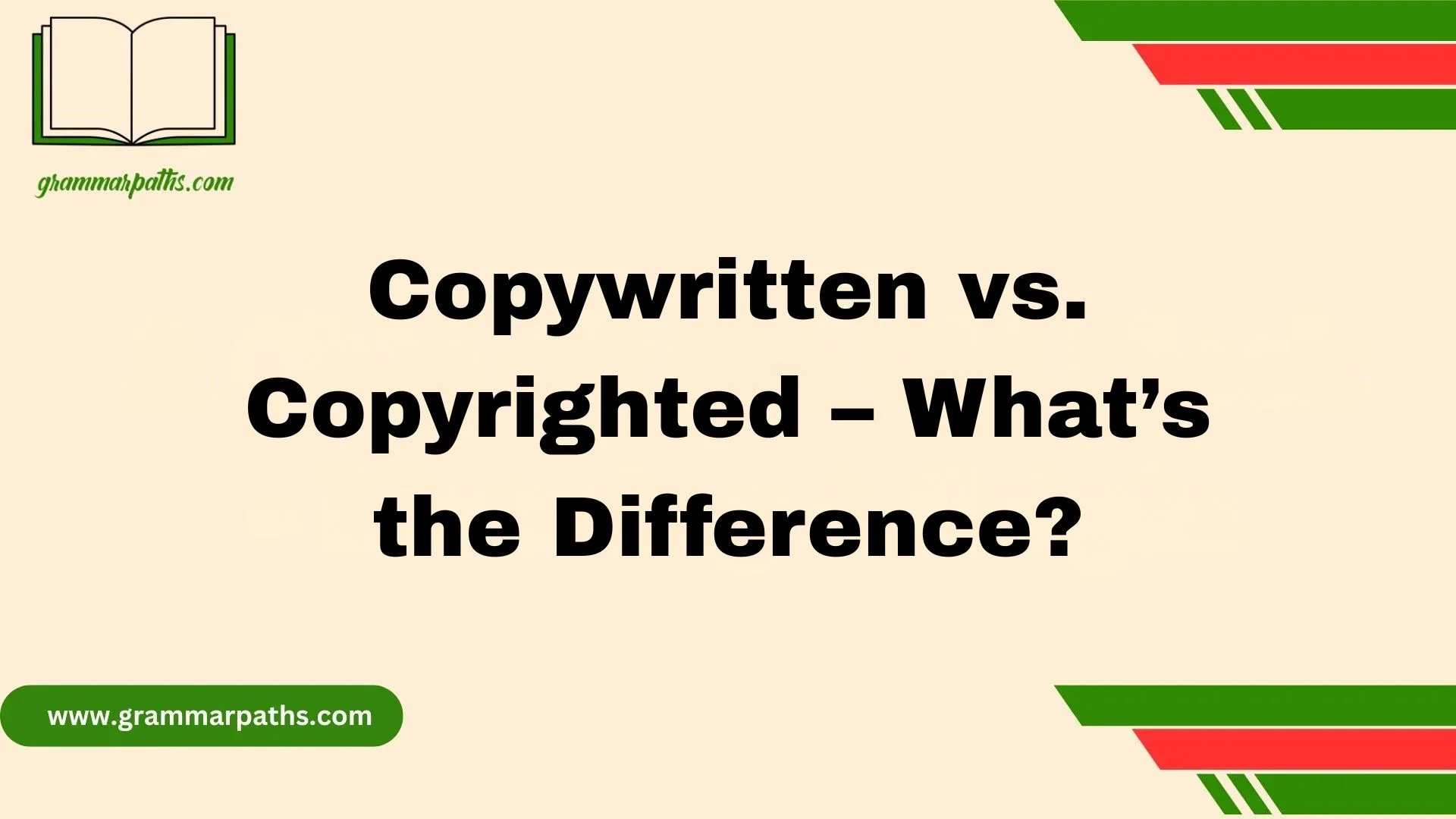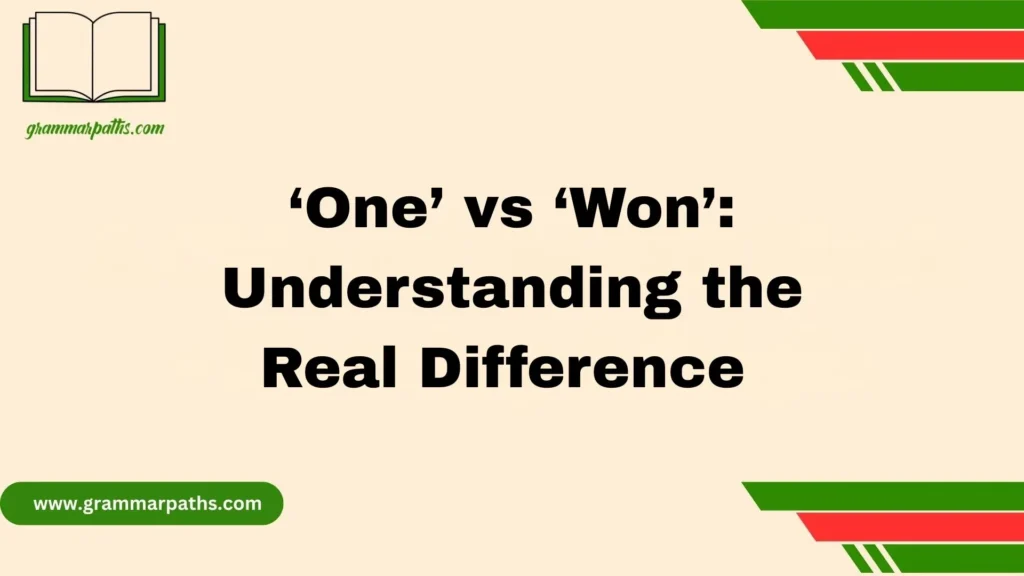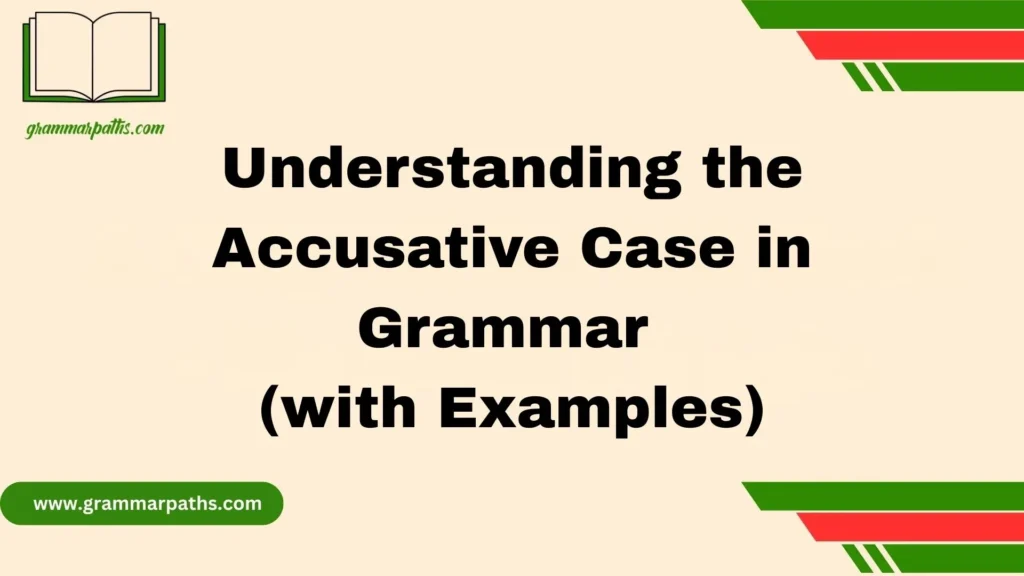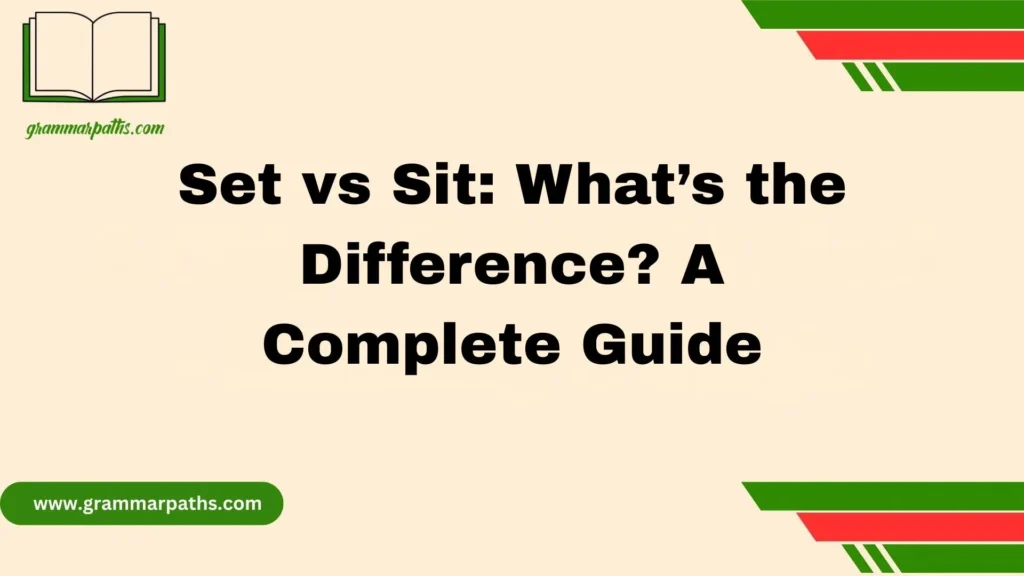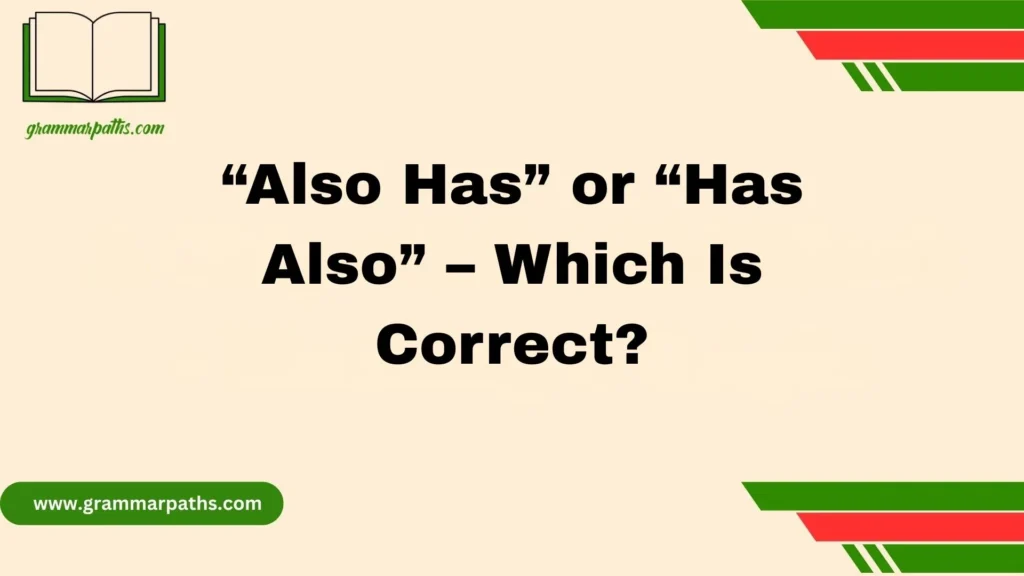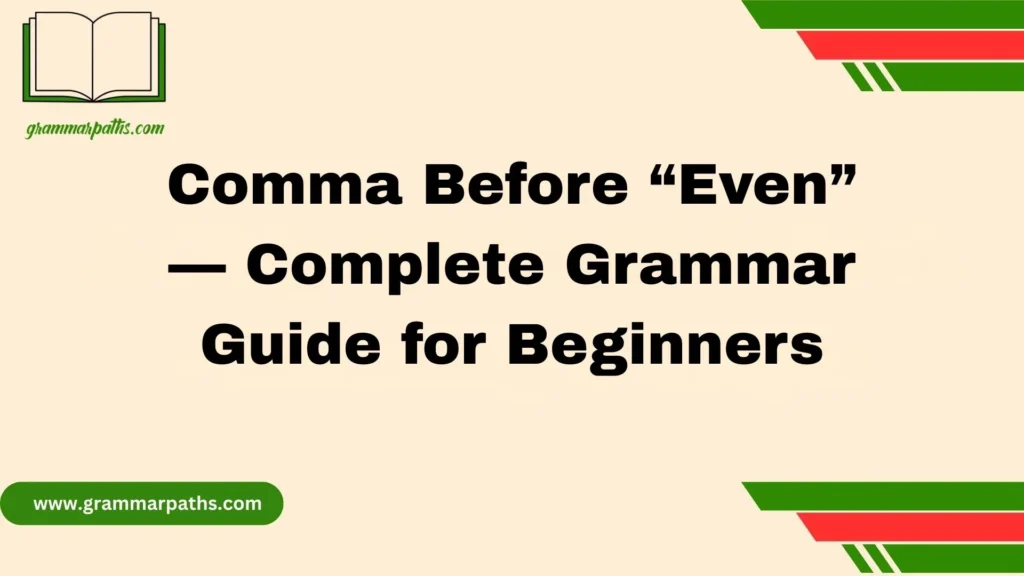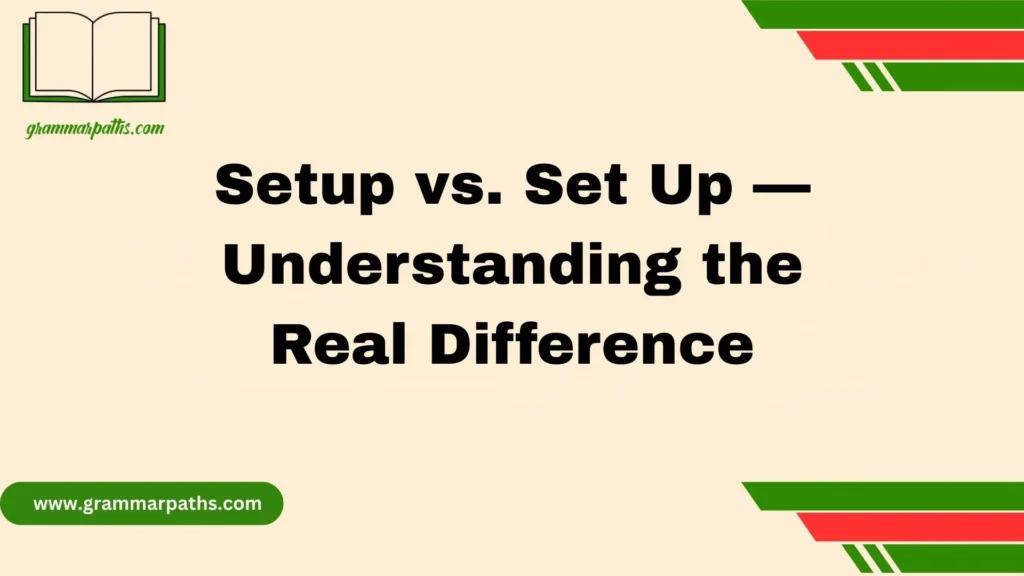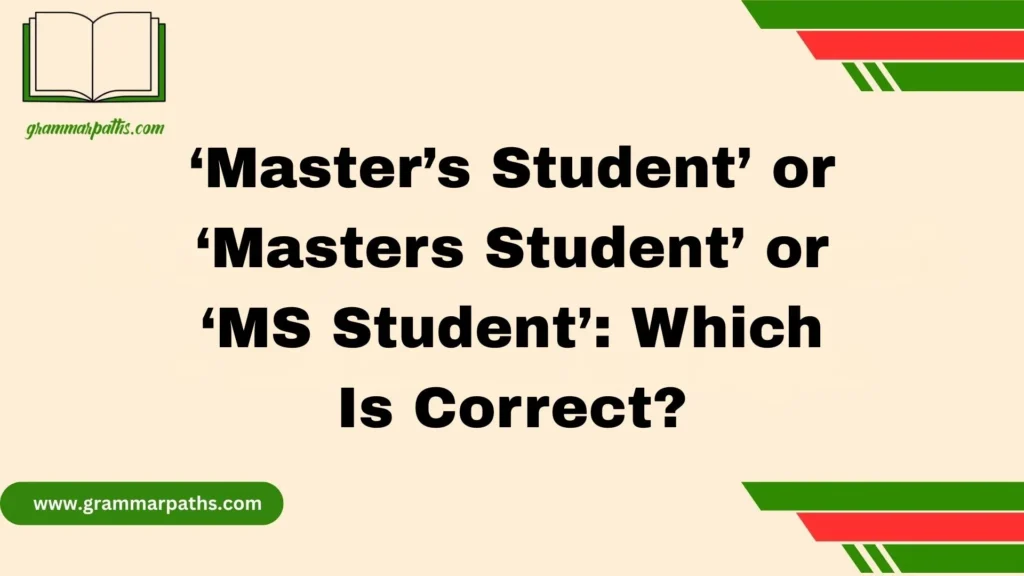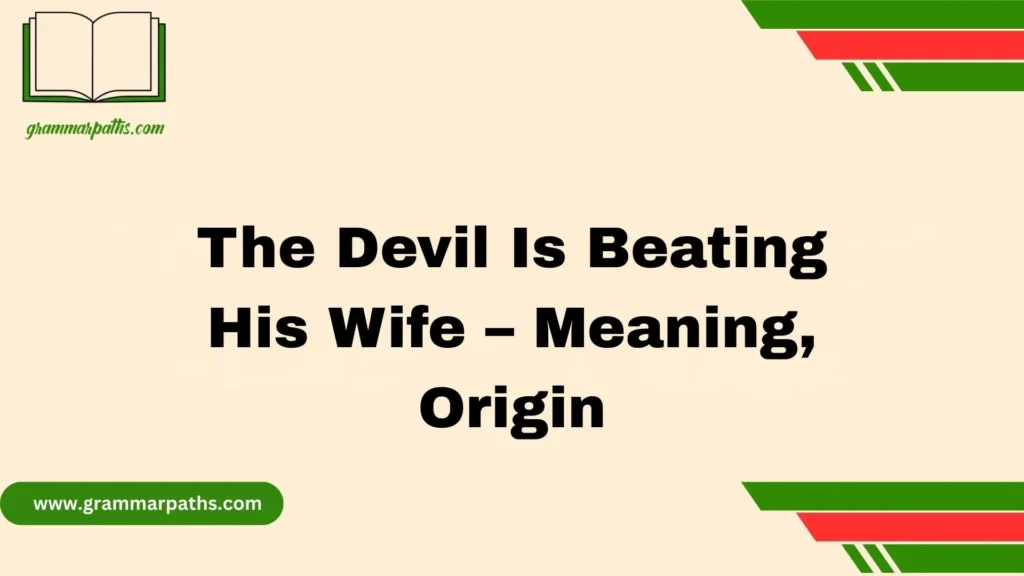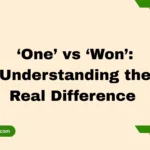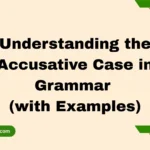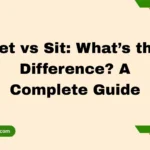In marketing, I’ve seen over the years how easily people can confuse the words copywritten and copyrighted. They may sound alike, but their means are completely different. This grammar mix-up is common in the digital world, where one mistake can spark misunderstandings. When we create any creative work—like an ad campaign, a blog post, or even a product name—clear understanding of the right term is essential. One relates to content writing and copywriting, while the other protects original works under law. I once had a client who asked if their blog was copywritten, but what they really wanted to know was if it was copyrighted. That small error could’ve affected their legal rights, and it reminded me why having a guide to this difference really matters.
In real-world situations, misusing these terms affects not only your brand but also your responsibilities as a content creator. The ownership of your creative work depends on using the correct word. Knowing when to use one over the other can save you from big problems. From my own work, I realize that clear language is more than style—it’s a safeguard for your career, your projects, and the trust others place in your work.
Breaking Down the Words
What “Copyrighted” Actually Means
The word copyrighted comes from the concept of copyright, which is the exclusive legal right granted to creators of original works. In the United States, copyright protection is outlined in Title 17 of the U.S. Code.
Copyrighted simply means: this work is legally protected under copyright law.
Examples of copyrighted materials include:
- Books and novels
- Music recordings and sheet music
- Films and screenplays
- Photographs and illustrations
- Computer software and code
- Website content, blog posts, and articles
A simple sentence might read: “This movie is copyrighted by Warner Bros.” That’s grammatically correct and legally accurate.
Why “Copywritten” Isn’t a Real Word
Now let’s clear up the other term: copywritten. Despite its frequent use online, this word doesn’t exist in any official dictionary or legal text. It is essentially a misused hybrid of “copywriting” and “copyrighted.”
Where does it come from? Three main sources fuel the confusion:
- Autocorrect and spellcheck often swap in “copywritten.”
- Phonetic similarity—when spoken quickly, “copyrighted” and “copywritten” can sound alike.
- Misunderstanding of “copywriting”—some assume “copywritten” is the past tense of copywriting.
But remember: the correct terms are copyrighted (legal protection) and copywriting (advertising/marketing skill).
The Roots of the Confusion
It’s easy to see why people mix up these words. Both begin with “copy,” both deal with creative work, and both are commonly seen in online spaces.
Here’s what fuels the mix-up:
- Spelling similarity: Just a two-letter difference changes the meaning entirely.
- Sound-alike factor: Spoken aloud, “copywritten” slips off the tongue almost the same way as “copyrighted.”
- Casual online language: Blogs, social media posts, and forums often misuse “copywritten,” and once readers see it repeated, they assume it’s correct.
- Autocorrect mistakes: Software doesn’t always recognize specialized legal terms, so it substitutes what looks familiar.
This isn’t just a casual mistake. Using the wrong word in legal documents, contracts, or professional writing can cause confusion—or even weaken the credibility of the writer.
Copyright Explained Clearly
Purpose: Protecting Original Creative Work
Copyright exists to protect creators. When you write a book, record a song, or design a website, copyright ensures that others can’t steal, copy, or profit from your work without permission.
The protection is automatic—no registration is required. However, registering with the U.S. Copyright Office provides additional legal benefits, such as the ability to sue for statutory damages.
What’s Automatically Protected
- Literary works (novels, poetry, articles)
- Artistic works (paintings, sculptures, photos)
- Musical compositions and sound recordings
- Dramatic works (scripts, plays, choreography)
- Software and computer code
Architectural designs
What Copyright Doesn’t Cover
- Ideas (only the expression of an idea is protected)
- Facts or common knowledge
- Short phrases, slogans, or titles (these fall under trademark law instead)
- Methods, processes, or systems (usually protected by patents)
Copyright vs. Trademark vs. Patent
| Protection Type | What It Covers | Example |
| Copyright | Original creative works | A novel, a movie, a painting |
| Trademark | Brand identifiers (logos, names, slogans) | Nike’s swoosh logo |
| Patent | Inventions and processes | The iPhone touchscreen design |
Copywriting: A Different World Entirely
What Copywriting Means
Copywriting is not copyright. It’s the art and science of writing words that persuade. A copywriter crafts text for advertising, sales, branding, and marketing purposes.
Examples include:
- Website landing pages
- Social media ads
- Product descriptions
- Sales emails
- Billboards and commercials
The Evolution of the Profession
Copywriting has existed since the early days of print advertising. In the 20th century, copywriters shaped iconic slogans like “Just Do It” and “Got Milk?” Today, the role has expanded into digital marketing, search engine optimization, and content strategy.
Modern Role of a Copywriter
Today’s copywriters:
- Write ad campaigns that build brand awareness
- Create persuasive product pages that drive sales
- Optimize web content for search engines
- Develop storytelling strategies for social media
- Balance creativity with measurable business goals
Copywritten vs. Copyrighted: A Side-by-Side Comparison
| Term | Meaning | Field | Correct Usage | Example Sentence |
| Copyrighted | Protected by copyright law | Intellectual property | ✅ Standard English | “This photograph is copyrighted.” |
| Copywritten | (Incorrect word) Often mistaken for copyrighted | None | ❌ Not recognized | “This book is copywritten.” (wrong) |
| Copywriting | Persuasive marketing text | Advertising/Marketing | ✅ Real word | “She works in copywriting.” |
This comparison makes the difference crystal clear: copyrighted is legal protection, copywriting is a profession, and copywritten is simply incorrect.
Why the Distinction Matters
- Legal precision: In contracts, using “copywritten” instead of “copyrighted” could invalidate or confuse legal terms.
- Professional credibility: Writers, marketers, and businesses risk looking careless when they use the wrong word.
- Education and clarity: Students, professionals, and entrepreneurs benefit from precise language in academia and business.
In short, getting this wrong can harm your reputation or, in serious cases, even cost you money.
Real-World Examples & Case Studies
- Blogging mistake: A fitness blogger once published a post claiming, “All my articles are copywritten.” Readers pointed out the error, and the correction boosted the blogger’s credibility.
- Legal misstep: In 2018, a small business included the word “copywritten” in their contract. The opposing lawyer argued the clause was invalid because the term had no legal standing. The company had to refile documents at added expense.
- Social media mix-ups: Thousands of tweets mistakenly use “copywritten,” and businesses replying with the wrong term risk losing authority.
As one intellectual property lawyer put it: “Precision in language is the foundation of legal protection. One wrong word can undo your case.”
Copyright in the Digital Age
The digital landscape makes copyright both more important and harder to enforce.
Common Issues Today
- Piracy of music and movies through streaming and file sharing
- Reposting of social media content without credit
- AI-generated content that blurs the line of originality
- Unauthorized use of images on websites and blogs
Protecting Your Work Online
- Watermark images or register them with a content management system
- Use digital fingerprinting technology for music and video
- Register your copyright for stronger enforcement options
- Issue takedown notices under the Digital Millennium Copyright Act (DMCA)
Copywriting in Modern Marketing
Why does copywriting matter so much today? Because in a digital-first world, words sell.
Key Elements of Effective Copywriting
- optimization to rank higher on Google
- Storytelling that connects emotionally with the audience
- Strong CTAs (calls-to-action) to encourage conversions
- Clear, concise, engaging writing tailored to a target audienc
Copywriting’s Impact on Business
A HubSpot report found that companies prioritizing content marketing generate 67% more leads than those that don’t. At the heart of that content is copywriting.
Good copywriting builds trust, shapes brand identity, and drives measurable growth
Practical Tips for Readers
Confused about when to use each term? Here’s a quick checklist:
- If you’re talking about legal protection, use copyrighted.
- If you’re talking about marketing text, use copywriting.
- If you see copywritten, correct it—it’s not a recognized word.
Memory Trick
Think of it this way:
- “Copyrighted” = legal right
- “Copywriting” = writing words that sell
- “Copywritten” = not a word
Conclusion
Choosing between copywritten and copyrighted may look like a small grammar detail, but in the digital world, it’s a decision that really matters. When you create creative work—whether a blog post, ad campaign, or product name—the right word protects your brand, reflects your responsibilities as a content creator, and secures your ownership under the law. From my years in marketing, I’ve seen how a simple mistake or misusing these terms can lead to costly misunderstandings for people, clients, and even their legal rights. Clear understanding ensures your original works are properly safeguarded, and I truly realize that knowing this difference is essential for every professional.
FAQs
Q1: Why do people confuse copywritten and copyrighted?
Because they sound alike, but have very different means. One relates to copywriting or content writing, while the other protects original works under law.
Q2: What does copywritten mean?
It usually refers to material produced through copywriting, like marketing text for a brand, ad campaign, or product name.
Q3: What does copyrighted mean?
Copyrighted describes creative work or original works that have legal rights of ownership and are protected by law.
Q4: How can misusing the terms affect my work?
In real-world situations, using the wrong term can confuse a client, hurt your brand, and even risk your legal rights as a content creator.
Q5: Why does this difference matter in marketing and blogging?
Correct use of these terms is essential because it clarifies your responsibilities and shows professionalism. Whether it’s a guide for your blog or a contract, the right choice of word can make all the difference.

Mia Rose is the passionate writer and founder of GrammarPaths.com, a resource dedicated to helping learners master English grammar, idioms, and writing skills with ease. With a deep love for language and years of experience in teaching and content creation, Mia simplifies complex grammar rules into clear, practical guides that readers can instantly apply.
